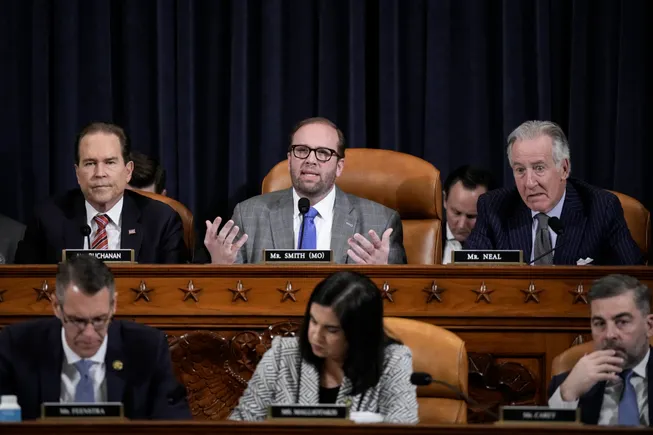Dive Brief:
House Republicans are calling on the Center for Medicare and Medicaid Innovation to rethink its priorities under the Trump administration, including by improving transparency with providers and focusing on payment models that save the government money.
In a letter sent this week by Republicans on the House Ways and Means Committee to CMS Administrator Dr. Mehmet Oz and CMMI Director Abe Sutton, lawmakers said they were “concerned” with the innovation center’s track record of creating models that often don’t improve care quality or reduce costs.
The legislators added that CMMI has also “promoted a political agenda ahead of its Congressionally mandated purpose,” like focusing on health equity instead of cost savings.
Dive Insight:
Concerns among lawmakers about CMMI’s savings record aren’t new, especially for Republicans.
The CMMI was created by the Affordable Care Act to test new payment and care delivery models to lower costs and improve quality in government healthcare programs.
But the innovation center actually increased net federal spending by $5.4 billion during its first 10 years in operation, according to a 2023 report by the Congressional Budget Office.
In the letter sent Monday, the lawmakers argued the agency has “a track record” of pushing a political agenda, based on the CMMI’s strategic refresh that the legislators said “minimized the importance of cost savings in models.” The strategy initiated in 2021 included plans to advance health equity, which also aimed to increase participation for providers in rural communities.
Under the Trump administration, the agency has already moved to cut models. In March, the CMMI said it would cancel four payment models early and halt two demonstrations before they began. The CMS said terminating the programs early would save nearly $750 million.
In the letter, Republican lawmakers said canceling the models was the right move.
“We were pleased to see CMMI recommit to the goal of pursuing payment models that will save money, including concluding or modifying existing models to achieve savings as evidenced in a recent press release,” the lawmakers, led by Rep. Jason Smith, R-Mo., wrote.
The representatives also urged the innovation center to develop models aimed at improving care in rural communities, where residents tend to be sicker and have worse access to healthcare compared with their urban counterparts.
The letter noted a new gap in rural models after the Pennsylvania Rural Health Model, which paid participating hospitals a fixed amount regardless of their patient volumes to improve their financial viability, ended in December.
“Improving rural health is a multi-faceted issue and value-based models can provide flexibility and incentives to ensure access to vital health services,” the lawmakers wrote. “We strongly encourage CMMI to more aggressively pursue solutions to the care delivery issues plaguing rural communities.”
Additionally, the letter urged the innovation center to increase transparency and opportunities for public feedback on its models during design and development, and communicate more often with providers if they plan to make significant changes to demonstrations.
An analysis published earlier this month by consultancy Avalere Health found few opportunities for public input while models were being designed, though half of 18 models studied solicited comments through rulemaking or requests for information.
The CMS is reviewing the letter and will respond to appropriate lawmakers, a spokesperson told Healthcare Dive.


